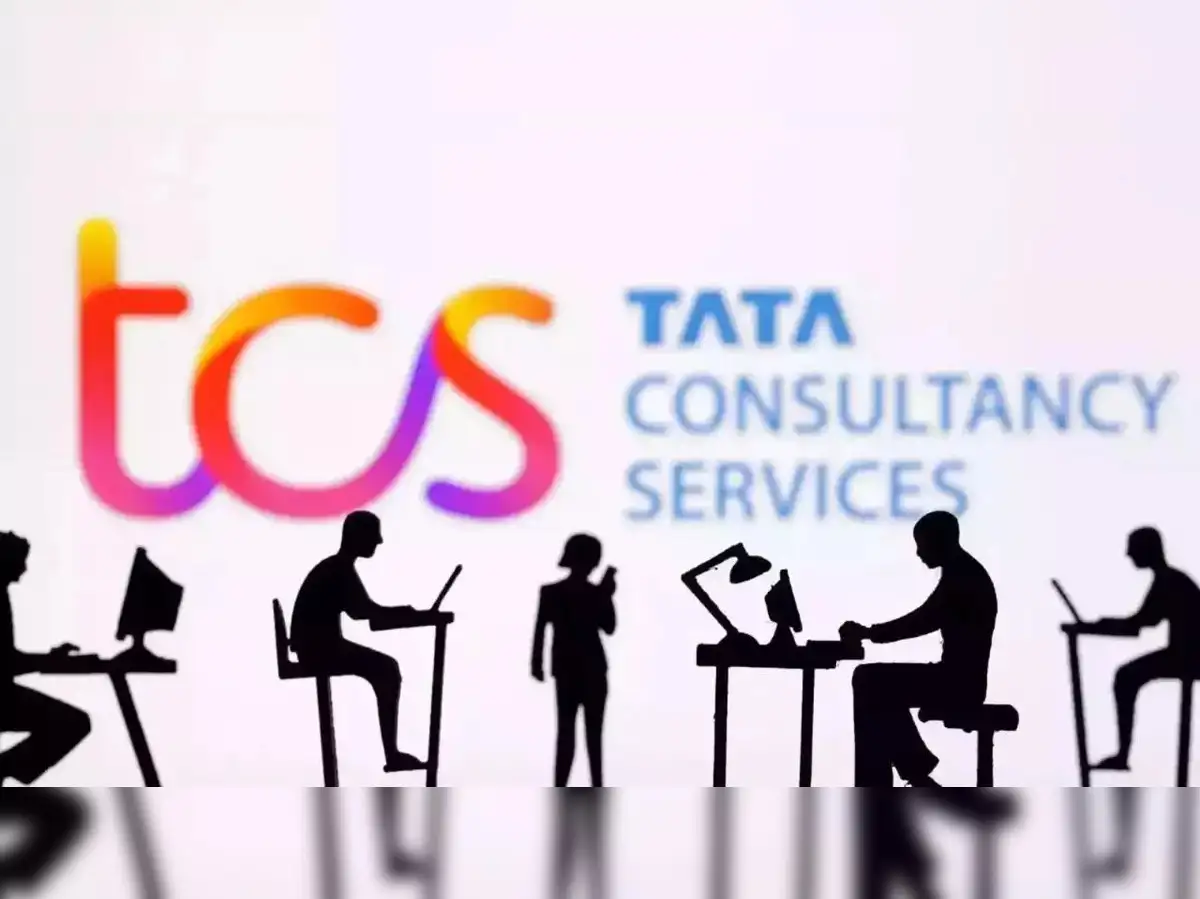TCS Hiring Freeze: IT Sector Faces Challenges Amid AI Rise
As the IT sector undergoes a structural change, companies are being forced to adapt to the new reality of automation and AI. The consequences of this shift will be far-reaching, affecting not only the industry but also the broader economy and the lives of millions of people who depend on it.

Tata Consultancy Services (TCS) has announced a hiring freeze for senior personnel and a pause on annual salary increases globally, citing slowing demand and the threat of artificial intelligence culling jobs, a move that may be adopted by other companies facing similar challenges.
The company has also started phasing out hundreds of benched staff in several cities, with employees being asked to find projects within 35 days or leave. This move has spooked employees and investors, and the union government has sought clarity from TCS on the rationale behind the layoffs. The IT Ministry is closely monitoring TCS's plan to lay off 12,261 employees, representing 2% of its global staff, primarily impacting middle and senior management.
The decision reflects a broader shift in the industry, where companies are relying less on cheap skilled labor and more on AI to produce software at lower costs. The rise of AI is driving US companies to negotiate lower costs, forcing people-heavy IT firms to work with fewer employees. This has resulted in a significant spike in emerging tech hiring in areas such as AI, cloud, and data security, but it is not enough to offset the job losses.
Experts warn that the ripple effects of this trend could have cascading effects on India's broader economy, which has struggled to create jobs for the millions of young graduates that enter the workforce every year. The industry's ability to adapt to the disruptions brought by the AI revolution will decide whether India can retain its edge as a global technology player and expand its consuming middle-class to keep its GDP growth on track.
The impact of TCS's decision will be closely watched, as it may set a precedent for other companies in the IT sector. The fate of thousands of employees hangs in the balance, and the future of India's software industry remains uncertain as it navigates the challenges posed by the rise of artificial intelligence.